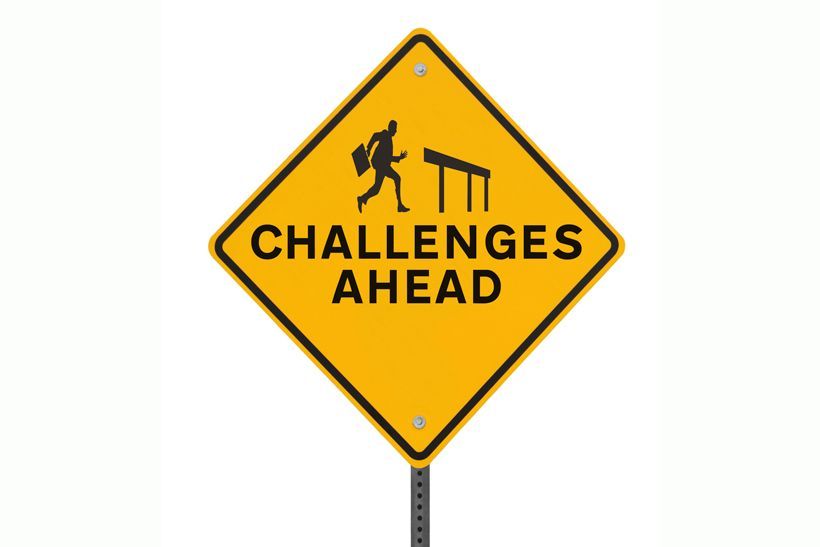Leadership in a Crisis

Leadership must be one of the most mis-used words in the world of work. A great concept we often try to simplify is a more complicated issue than that answered by a mere paragraph or list of ‘approved’ qualities. The simple fact is that the question “What is a good leader?” is the wrong one to ask. The right question is “What leadership qualities are required for the mix of situations, responsibilities and personalities I have in my team?” Leadership is, as we know from practical experience, fluid. Consistent traits in one situation do not always yield results in another, even though those traits are admirable and worthwhile in and of themselves. Applying what is needed at the time is the hallmark of not just a good leader but an excellent one.
An excellent leader instinctively knows when to shift tack and adapt a different posture or strategy to suit the environment and challenges they are faced with. None more so is this tested than when experiencing a crisis. That out of the ordinary, unusual, unpredictable, often emotional, always unplanned for contingency to which leadership makes such an impact but can sometimes be lacking. Crises are a true test of ‘leadership’ for by their very nature we have not encountered such a situation before or they test us beyond ordinary resources and expectations, and therefore we set foot onto a path untravelled and without a template or limited past experience to follow. Assuming, of course, that past experience is one we have taken some lessons from.
A perusal of international crisis leadership research has identified variations on five common themes that make a significant difference to the impact we have, as leaders, on helping our team navigate through very rough waters. They each are as much about the choices we make around our own coping, as they are about assisting the coping of others and effecting positive change in outcomes, priorities, and decision-making. In no particular order they are:
Courage to be calm. When all around is chaos it’s important that others see you as an island of sensibility, rationality, patience, and consideration. Panic is contagious so be the antidote and no matter how tense you may feel, on the outside present a calmness that in turn gives others confidence.
Integrity. Do you articulate what you value and behave consistently to those values? The adage of integrity is, ‘What are we teaching by what we are doing?’ Are we seen to walk the talk or just spout it? Set standards, promote them, stick to them, demonstrate we are someone who can be trusted, who is honest and open. These are qualities that can be hard to find when we are under the utmost pressure and temptation to become self-focussed.
Decision-making. Effective, relevant, considered and timely. A good leader has the ability to navigate through a mound of information, filter it down to its basics and remain focused on the priorities at hand. Procrastination and panic are the common responses to crises – dare to be different and chart a different and independent course. A leader during a crisis understands rapidly what they already know and the importance of clarity, understands what they need to know and the importance of confidence, understands the impact of time and the necessity of required actions, and isn’t afraid to be bold.
A higher purpose. With the old order now in question who leads, defines, motivates and supports a new vision? Be it for our team or the company. Be it just to get us through today or this week. This is not about a ra ra cheer but re-evaluating what is important and what unifies us toward common goals that inspire and are relevant to all team members. In what way do we now ‘make a difference’?
Presence: Are you seen? Do you listen and take on board, genuinely, what people have to say and ask? Are you visible. Do you show you care by being around? A quiet word of encouragement, thanks and acknowledgement during times of adversity reinforces that people are not forgotten, are valued, and are appreciated – especially in times where they are called on to work in ways that are uncomfortable, stressful and ignore their own considerations for the benefit of customers and clients.
JOHNATHAN BLACK
Chartered Organisational Psychologist & Founding Director of Farsight Limited
Jonathan is a registered psychologist with the New Zealand Psychologists Board and a Chartered member of the Institute of Organisational Psychology with the New Zealand Psychological Society. Specialising in conflict, communication, safety, performance and leadership he provides a broad range of services in these and other fields and his advice has been sought across Australasia and Europe.

